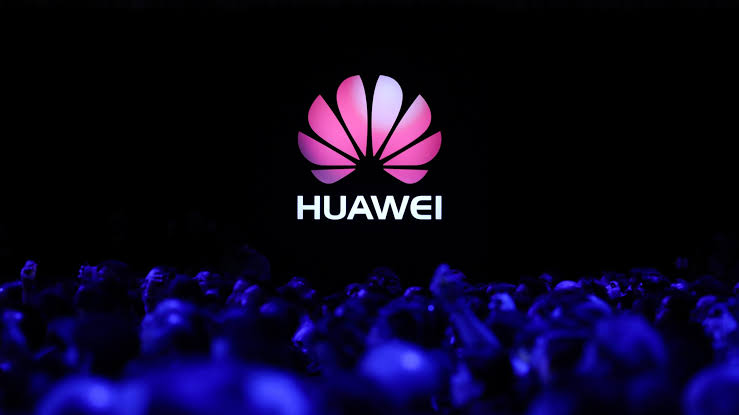Smartphone makers from mainland China have continued to gain stronghold in the global smartphone market. Such has been the resurgence of smartphone OEMs from China, that three of the top five smartphone companies in the world are from China. In India, the world’s second largest smartphone maker, four of the Top 5 are Chinese with three of them subsidiaries of the same parent company.
And while these companies continue to grow their stronghold in the hardware space, they are now eyeing the software domain to challenge Google’s dominance. A report coming in from Reuters now states, that the likes of Xiaomi, Huawei, Oppo and Vivo are joining forces to form a global alternative to Google Play Store. This alternative, according to sources, will let developers outside of China to upload apps onto all of their app stores simultaneously.
These companies all have pre-loaded app stores on their respective smartphones. However, they see little traffic when compared with the behemoth that Android’s default Play Store has become. This move is aimed at countering that global hegemony. The companies are reportedly calling this initiative, the Global Developer Service Alliance (GDSA).
The GDSA was initially aiming to launch in March, sources said, although it is not clear how that will be affected by the recent coronavirus outbreak. A prototype website says the platform will initially cover nine “regions” including India, Indonesia and Russia.
In a statement sent to The Tech Portal, Xiaomi says, “The Global Developer Service Alliance solely serves to facilitate the uploading of apps by developers to respective app stores of Xiaomi, OPPO and Vivo simultaneously. There’s no competing interest between this service and Google Play Store.”
The four brands together commanded over 40% of the market share in 2019, according to data available via Canalys Research.
Interestingly, one of these makers, Huawei, is already working separately on its OS. The move came in after US allegations of spying on Huawei through its equipment, snowballed into a US-wide ban on the company. The ban also made it mandatory for all American companies to immediately halt all cooperation with Huawei. That, resulted in Huawei’s access to Android for its new phones being banned.
All of this prompted Huawei, the world’s largest telecom equipment maker and seller, to come with ‘HarmonyOS’, a custom OS not built on Android (unlike most Chinese OEMs). The OS development though will take quite some time. Meanwhile, Huawei has put up over $1 billion for its app developers’ program.
Updated with statement from Xiaomi
